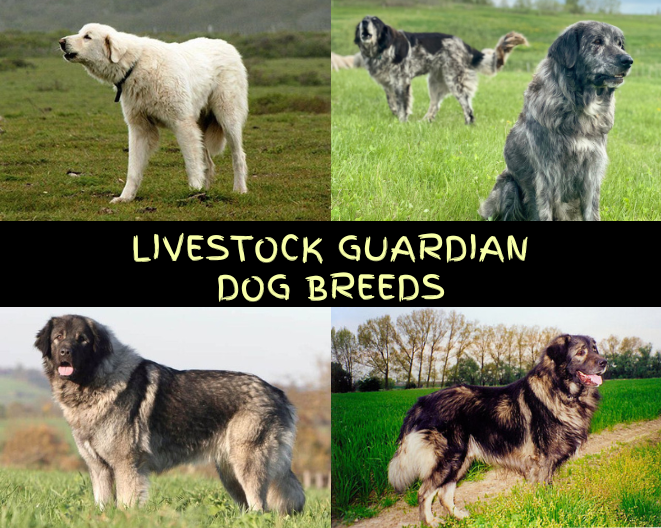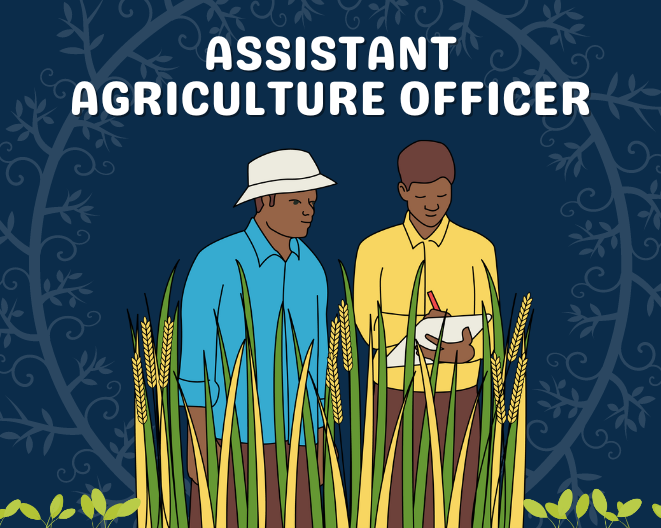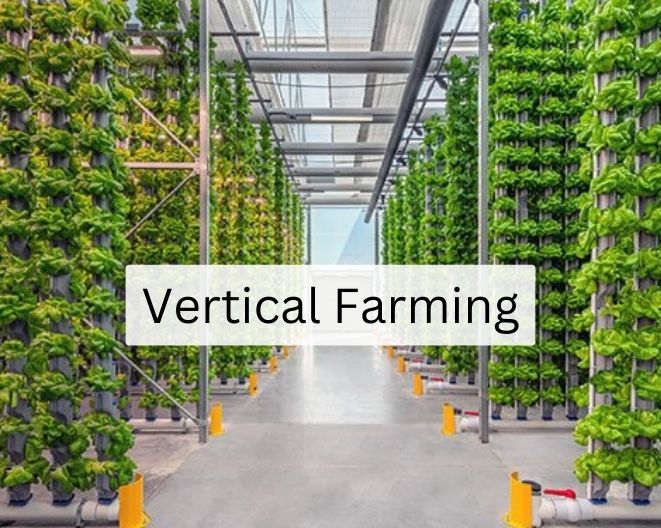The vast landscape of agriculture relies heavily on livestock guardian dogs (LGDs). These dedicated canines serve as protectors, safeguarding livestock against potential threats while simultaneously contributing to farm production practices and modern farming techniques. Recent research has unearthed amazing characteristics among different Livestock Guardian Dog Breeds revealing unique characteristics, effectiveness, and the indispensable role they play today.
The Essence of Livestock Guardian Dogs
Before diving into recent research findings, let us investigate the essence of Livestock Guardian Dogs (LGDs). These breeds, known for their devotion and protective instincts, have long been utilized as a part of farming communities around the globe as non-lethal means to safeguard herds against predators, offering non-lethal solutions to mitigate losses and limit losses.
Evolution of Livestock Guardian Dog Breeds
Over time, livestock guardian dogs (LGDs) have evolved in response to changing dynamics within agriculture. According to recent research, their characteristics may have resulted from both genetics and selective breeding practices; farmers who recognize their importance are key players in shaping these animals to meet specific requirements of livestock and terrain.
Revealing Unexpected Traits of Livestock Guardian Dog Breeds
Recent studies have uncovered surprising traits within various Livestock Guardian Dog breeds, challenging existing notions and providing us with deeper insight into their capabilities:
Problem-Solving Skills of Livestock Guardian Dog Breeds
Contrary to popular perception, research shows Livestock Guardian Dogs possess significant intelligence and problem-solving abilities. LGDs exhibit cognitive abilities beyond simply protecting livestock. Observations show they can assess complex situations, make independent decisions, strategize effectively, and adapt quickly – which speaks volumes of their adaptability as well as an understanding of their surroundings.
Adaptability to Different Livestock
Though Livestock Guardian Dog breeds were traditionally associated with guarding sheep, recent research demonstrates their extraordinary adaptability in handling other livestock types, from cattle, goats, poultry, or any other. They display remarkable flexibility when protecting cattle herds or protecting goat herds or any other type of herd – an asset to any farming operation offering tailored approaches for protecting specific herds.
Communication and Cooperation With Humans
Though LGDs are generally seen as independent creatures, recent research highlights their exceptional communication and cooperation with human handlers. Establishing effective channels between farmers and Livestock Guardian Dogs is key for their successful integration into farming practices; LGDs show an eagerness to work alongside human caretakers while creating strong bonds of partnership between themselves and their canine companions.
Emotional Sensitivity and Bonding with Livestock
Livestock Guardian Dog breeds exhibit an incredible level of emotional sensitivity and bonding with the livestock under their care, far exceeding any protective function they are supposed to fulfill. Research suggests these dogs form deep connections with the animals they protect, showing an emotional intelligence beyond instinctual behavior. Their emotional sensitivity contributes to creating a harmonious and stress-free herd environment, creating a positive atmosphere on a farm.
Non-Aggressive Approach to Predators
Although Livestock Guardian Dog breeds have often been stereotyped as aggressive towards predators, recent research disproves this perception by showing they often employ non-aggressive means to deter potential threats such as their presence, vocalizations, and strategic positioning serve as deterrents which help ensure both livestock and predators safety – with less confrontations occurring on farms thanks to this non-aggressive strategy resulting in decreased injury risks as well as creating more balanced ecologies overall on farms.
Independence and Cooperative Behaviors
While Livestock Guardian Dogs have become widely known for their independent traits, studies also shed light on their cooperative behaviors. Although these dogs possess strong senses of autonomy, their studies reveal how willingly they work together with both other dogs and humans alike to form an effective guard team. This balance between independence and cooperation allows these guardians to navigate complex situations while cooperating closely with the humans who oversee them.
Territorial Awareness and Strategic Patrolling
Research has also revealed an intriguing trait among Livestock Guardian Dog breeds: their keen awareness of their territory. These dogs maintain constant vigilance over their designated areas, with these canines possessing the intelligence and vigilance needed to keep a constant vigilance that extends far beyond the immediate vicinity of livestock. Anticipating potential threats while patrolling boundaries proactively contributes to an effective defense strategy and creates a safe environment for herds of livestock.
Adaptive Response to Environmental Changes
Livestock Guardian Dogs demonstrate a remarkable ability to adjust to various environmental factors, from weather changes and terrain variations to changes in weather and terrain or environmental factors in general. They exhibit both resilience and flexibility that allow them to navigate the often-dynamic agricultural landscapes effectively as guardians.
Discrimination When Recognizing Genuine Threats
Research shows that Livestock Guardian Dog breeds display a distinct ability to recognize genuine threats. Their keen sense of observation helps them distinguish between potential dangers and harmless entities – an invaluable ability that ensures livestock Guardian Dogs focus their attention only on legitimate threats that require their protection.
Emotional Resilience in High-Stress Situations
Livestock Guardian Dogs demonstrate impressive emotional resilience under high-stress situations. Even when presented with predators, adverse weather conditions, or other stressful events – such as predators, adverse weather conditions or other stressful events – these dogs remain calm and collected despite these challenges – this emotional resilience enhances their effectiveness as guardians by helping them navigate tricky situations without succumbing to panic or anxiety.
Researchers Explore Livestock Guardian Dog Breeds for Farmers
New research findings regarding Livestock Guardian Dog breeds have significant practical ramifications for farmers seeking ethical ways to protect their herds:
Better Livestock Guardian Dog Breeds Selection
Farmers can now make more informed decisions when choosing Livestock Guardian Dog breeds that meet their specific needs, thanks to increased knowledge about the adaptability and intelligence of these dogs. A tailored approach is taken when selecting breeds, to ensure compatibility with both types of livestock as well as farming practices.
Improved Training Practices of Livestock Guardian Dog Breeds
A better understanding of Livestock Guardian Dog cognitive abilities encourages enhanced training practices. Farmers can focus on nurturing the problem-solving and cooperative behaviors of LGDs for stronger partnerships between them and their human handlers – leading to more reliable protection of livestock from predators. Effective training leads to enhanced protection.
Building Stronger Bonds
The emotional sensitivity and bonding tendencies of Livestock Guardian Dog breeds are key to stronger bonds between farmers’ dogs and livestock. A positive interaction leads to greater well-being for all parties including – both animals and guardians alike. Farmers should prioritize creating environments that foster such positive interactions for maximum benefit for both the animals and guardians.
Ethical Predator Management
With LGDs using non-aggressive predator management strategies, farmers can incorporate them into their farming practices for more ethical and sustainable farming practices, without resorting to lethal measures that threaten ecosystem balance.
Future Directions in Livestock Guardian Dog Research
With agriculture changing so rapidly, research into Livestock Guardian Dog breeds remains essential. Exploring their intelligence, adaptability and cooperative behaviors is vital to developing novel approaches in livestock protection; exploring the integration of technology like GPS tracking devices could also offer greater farm security solutions.
Conclusion
In conclusion, this new research into Livestock Guardian Dog breeds provides interesting insights into modern farming practices. From intelligence and adaptability to emotional sensitivity and non-aggressive predator management, these dogs prove indispensable allies in protecting livestock safely. Farmers with this knowledge can make more informed decisions to maximize Livestock Guardian Dog effectiveness on their farms, creating harmonious coexistence between these dedicated guardians and those they protect.
FAQs
Livestock Guardian Dog breeds are famous for their exceptional guarding abilities. Popular choices include Anatolian Shepherds, Great Pyrenees, Kuvasz, and Maremmas.
The African Boerboel is a notable livestock guardian dog breed. This breed is famous for its protective instincts. Originating in South Africa, Boerboels are strong, loyal, and effective guardians.
Livestock Guardian Dogs (LGDs) are not inherently aggressive. Their protective nature may be mistaken for aggression, but they are typically calm and gentle with the livestock they guard. Proper training is essential to ensure balanced behavior.
Livestock Guardian Dogs, such as the Kangal, Anatolian Shepherd, and Komondor, are known for effectively protecting livestock from wolves. Their size, strength, and guarding instincts make them formidable deterrents to wolf predation.





